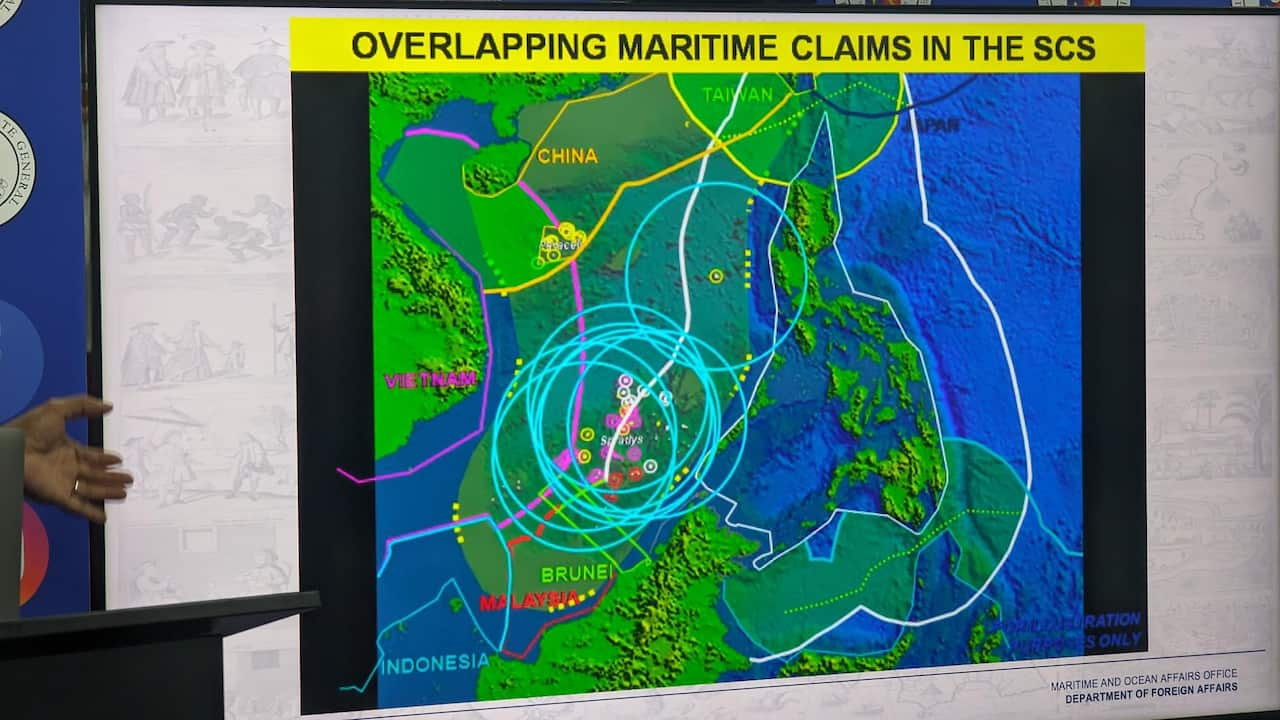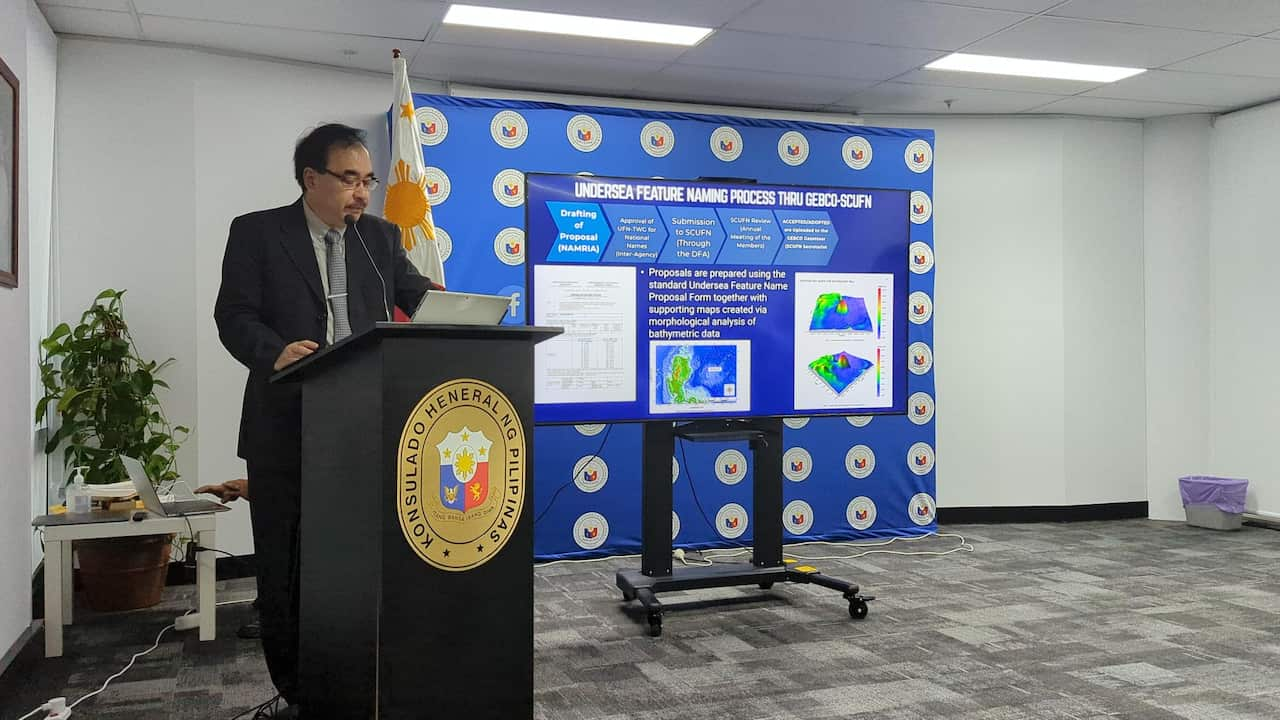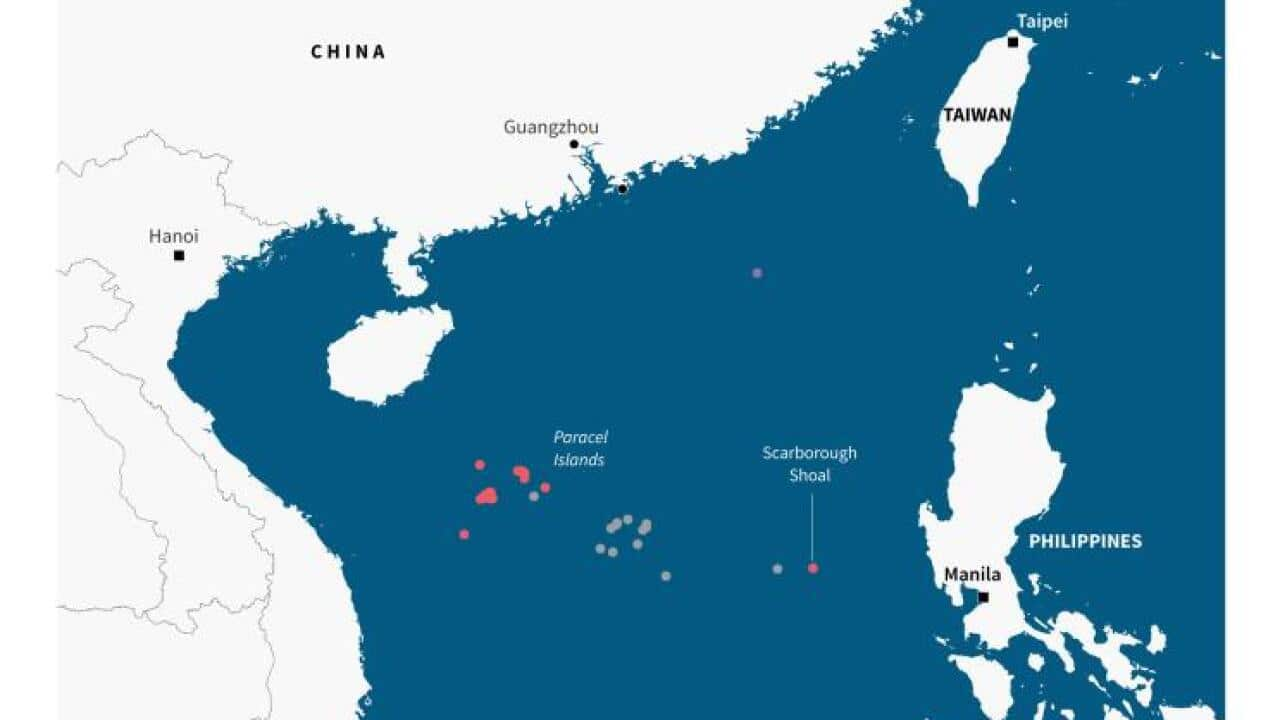Key Points
- The Philippines v. China (PCA case number 2013–19), widely known as the South China Sea Arbitration, represented a significant legal milestone in the ongoing maritime disputes in the South China Sea.
- The Philippines' strategy in submitting 21 names for the Philippine Rise was successful, with all submissions being officially accepted by SCUFN.
- Director Zoilo Velasco of the Maritime and Ocean Affairs Office said the briefing aimed to educate Filipinos on the details of the 2016 Arbitral award, providing accurate information to prevent the spread of misinformation.
In a landmark decision on July 12, 2016, the Hague's Permanent Court of Arbitration delivered a unanimous ruling in favor of the Philippines. The international tribunal rejected China's expansive claims and declared that the nine-dash line had no legal basis under the United Nations Convention on the Law of the Sea (UNCLOS).
The ruling is binding but the Permanent Court of Arbitration has no powers of enforcement. The ruling emphasized the importance of resolving disputes in accordance with established international law and underscored the rights of coastal states in delineating their maritime boundaries.
On November 10, the Maritime and Ocean Affairs Office (MOAO) of the Philippines Department of Foreign Affairs conducted a briefing for the Filipino community in Sydney. Held at the Philippine Consulate office, the session centered around the significant victory, shedding light on its implications for the nation and its maritime interests.


USec Peter Tiangco of the Philippine National Mapping and Resource Information Authority talks about the Undersea Feature Naming process.
"We are delighted to share that all 21 name submissions we proposed for the Philippine Rise site have been officially accepted. This strategic approach not only reinforces our territorial claims but also garners invaluable support from other nations, further strengthening our position in the region," he shares.




